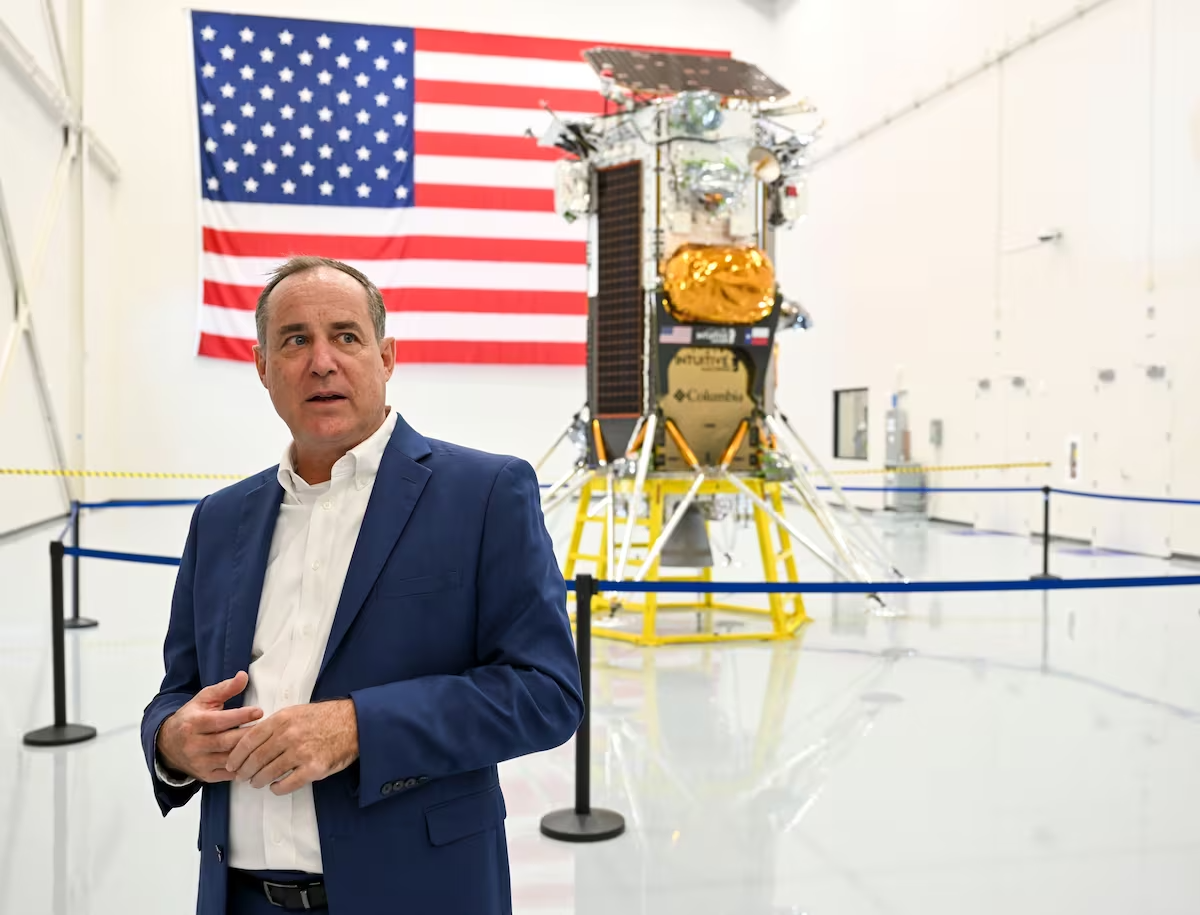The Washington Post: In early 2024, two U.S. companies, Astrobotic and Intuitive Machines, are planning to launch uncrewed spacecraft to the moon, marking potential historic milestones in lunar exploration. These missions, funded by NASA and part of its Commercial Lunar Payload Services program, aim for the first U.S. soft lunar landings since Apollo’s last mission in 1972 and the first commercial lunar landings.
Astrobotic, based in Pittsburgh, plans to launch its Peregrine spacecraft on United Launch Alliance’s Vulcan rocket on January 8, targeting a lunar touchdown on February 23. Intuitive Machines, launching on SpaceX’s Falcon 9 rocket from Cape Canaveral, Florida, anticipates a mid-February launch with landing approximately seven days after.
These missions align with NASA’s Artemis program, which seeks to return astronauts to the moon. They focus on delivering cargo and scientific experiments, leveraging private industry’s capabilities for speed and cost-effectiveness.
The two companies face challenges, including high risks associated with lunar landings, evidenced by recent failed attempts by other nations and companies. Astrobotic’s mission also involves the added risk of launching on Vulcan’s inaugural flight. Despite these challenges, both companies express confidence, underlining the significance of potentially being the first private entities to achieve a lunar landing.
These developments come amidst a global resurgence in lunar exploration, with several countries and companies attempting or planning moon missions. NASA’s Artemis program also continues to progress, with plans for future crewed missions and robotic landings, including a rover mission to search for water ice near the moon’s south pole.
The entire article can be read at the link https://www.washingtonpost.com/technology/2023/12/24/astrobotics-intuitive-machines-soft-landing-moon/











